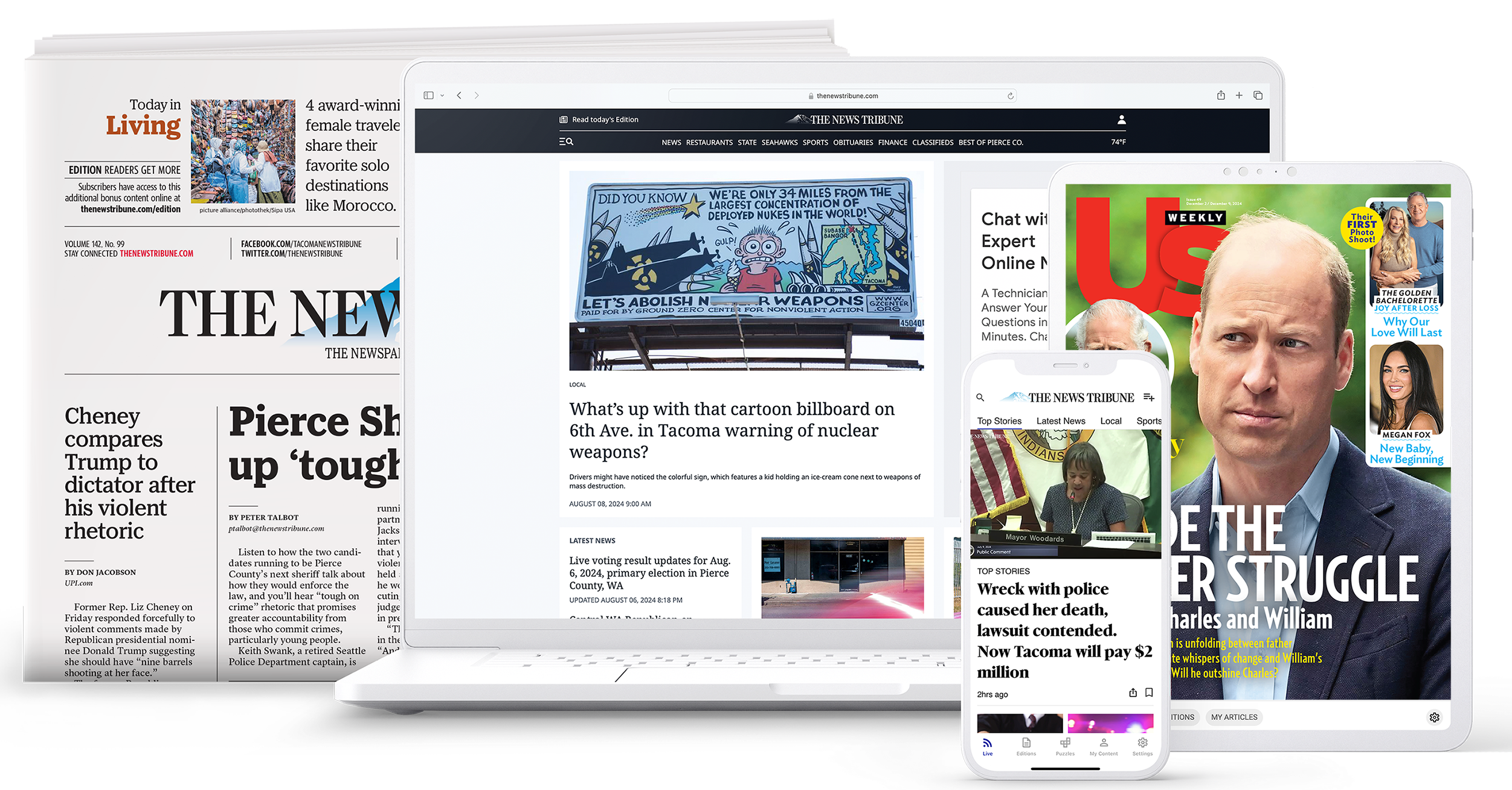7 Ways stnews.live Is Worth Bookmarking
Wiki Article
The Relevance of Fact-Checking worldwide of News Online
The prevalence of misinformation in today's on the internet news landscape has actually gotten to startling degrees. Fact-checking organizations play a necessary duty in combating this trend. They confirm cases and enhance the reputation of journalism. Nonetheless, the efficiency of these companies often rests on their methodologies and public assumption. As target markets browse this complex environment, the ramifications of their searchings for may shape the future of news intake and depend on. What does this mean for the stability of information relocating onward?
The Rise of Misinformation in the Digital Age
Exactly how has the advent of electronic technology contributed to the spread of misinformation? The rapid development of the internet and social media sites systems has actually assisted in the dissemination of info at an unmatched speed. Customers can share articles, videos, and viewpoints with a mere click, commonly without confirming the content's precision. Formulas focus on sensational or emotionally billed product, resulting in a proliferation of deceptive stories that capture interest.Furthermore, the anonymity paid for by electronic platforms permits people to spread out incorrect information without accountability (stnews.live). False information flourishes in resemble chambers, where individuals are subjected mostly to point of views that enhance their beliefs, additionally entrenching falsehoods. The saturation of details can overwhelm customers, making it challenging to discern qualified sources from unstable ones. Subsequently, false information has ended up being a prevalent problem in the digital landscape, affecting popular opinion and count on genuine news resources
The Duty of Fact-Checking Organizations
Fact-checking companies play an essential function in boosting the integrity of journalism by validating cases made in report. Their initiatives are vital in combating misinformation, ensuring that exact info dominates in the digital landscape. By holding media outlets responsible, these organizations contribute substantially to educated public discussion.Enhancing Reputation in Journalism
While false information multiplies in the electronic age, fact-checking organizations play a crucial duty in boosting the credibility of journalism. These companies thoroughly verify cases made in news write-ups, public declarations, and social media messages, guaranteeing that information shared to the public is exact and trustworthy. By offering independent analyses, they function as a crucial source for reporters, helping them maintain high standards of integrity. Furthermore, their efforts promote transparency in media, cultivating public count on. As target markets end up being progressively discerning, the existence of trusted fact-checking entities can differentiate trusted news resources from those that might spread out fallacies. Ultimately, the dedication of fact-checking companies to support reliability is crucial for the wellness of democratic discourse.Combating False Information Successfully
As false information remains to spread out swiftly throughout digital platforms, the function of fact-checking companies comes to be increasingly crucial in the fight for exact information. These organizations serve as watchdogs, inspecting cases made by somebodies and media electrical outlets to ensure accountability. By using rigorous research techniques and specialist evaluation, they verify facts and clarify deceptive stories. Their findings are distributed with various networks, informing the public and cultivating essential reasoning. In enhancement, partnerships with social media sites platforms enhance their reach, permitting timely flagging of incorrect information. As electronic proficiency expands, the influence of fact-checking companies is crucial in empowering audiences to discern reality from fraud, eventually adding to an extra educated culture.Exactly How Misinformation Affects Public Understanding
Misinformation significantly threatens count on media, leading target markets to question the reliability of news resources. Therefore, people often move in the direction of electrical outlets that reinforce their present ideas, adding to the polarization of point of views. This vibrant creates a fragmented info landscape, where shared understanding becomes progressively challenging to accomplish.Rely on Media

Rely on media has actually become increasingly breakable in the digital age, where the rapid spread of incorrect info can skew public assumption. As misinformation proliferates throughout social media and on-line platforms, target markets commonly find it testing to recognize reputable sources from unreliable ones. This uncertainty fosters hesitation, leading lots of people to question the motives behind news reporting. Subsequently, count on developed media outlets has actually lessened, as consumers increasingly transform to alternate resources that may lack rigorous content standards. This disintegration of trust fund not just influences individual ideas yet likewise weakens the cumulative ability to take part in informed conversations. Eventually, the honesty of journalism is at stake, highlighting the vital need for effective fact-checking to recover self-confidence in the media landscape.

Polarization of Point of views
The increasing hesitation toward conventional media has added to a growing polarization of viewpoints among the public. Misinformation, often shared via social networks and on-line platforms, plays a substantial role in forming distinctive ideological divides. Individuals frequently seek out information that lines up with their pre-existing ideas, strengthening their perspectives while rejecting opposing viewpoints. This resemble chamber effect intensifies departments, resulting in a fragmented public discussion where consensus ends up being increasingly elusive. Additionally, sensationalized narratives thrive in this setting, even more skewing public assumption and cultivating mistrust in credible resources. As polarization additional hints escalates, the requirement for efficient fact-checking becomes vital to connect spaces and promote notified discussions, eventually ensuring a more natural society with the ability of navigating complicated issues.Strategies for Efficient Fact-Checking
Efficient fact-checking depends on a systematic technique that includes thorough research, verification of resources, and essential evaluation of cases. A fundamental technique is cross-referencing details from numerous reputable resources to verify its precision. Fact-checkers usually make use of specialized data sources and archives to trace the beginning of specific statements, making sure that the reported info aligns with documented evidence.One more important approach entails looking at the context in which cases exist. Misleading details can develop from out-of-context quotations or discerning information usage. By taking a look at the broader story, fact-checkers can determine possible biases or misconceptions.
Engaging with experts in appropriate areas can give clearness and insight that improves the fact-checking process. This cooperation can discover nuances that laypeople may neglect - stnews.live. Eventually, a self-displined approach incorporating these techniques promotes a much more informed public, improving the reliability of information distributed in the digital age
The Impact of Social Media on News Intake
Just how has social media changed the way people consume news? The appearance of systems like Facebook, Twitter, and Instagram has especially modified news check out here intake patterns. News is currently disseminated quickly, permitting individuals to access real-time updates and engage with material through sort, shares, and remarks. This immediacy has actually fostered a preference for bite-sized info, frequently at the cost of comprehensive evaluation.In addition, social networks allows individualized news feeds, where algorithms curate content based on user choices, developing echo chambers that might restrict direct exposure to diverse point of views. The function of traditional news electrical outlets has reduced as individuals progressively rely upon peer recommendations and trending subjects. Consequently, the trustworthiness of details is often endangered, as sensationalism can eclipse factual reporting. On the whole, social media has actually improved news consumption, emphasizing speed and customization while testing the standards of journalistic integrity.
Empowering Target Markets to Identify Reputable Resources

In addition, examining the authorship and business history of newspaper article can disclose prospective prejudices. Cross-referencing details across numerous reputable electrical outlets better improves the confirmation procedure. Using digital devices, such as internet browser expansions that rate the credibility of sites, can additionally assist in recognizing credible info. By proactively engaging with these sources and growing a critical frame of mind, target markets can better outfit themselves to recognize trusted news sources, ultimately promoting a more educated culture among the intricacies these days's media environment.
Website
The Future of Journalism and Fact-Checking
As the media landscape evolves, the future of journalism and fact-checking deals with both tests and possibilities. The rise of electronic systems has actually equalized information dissemination, enabling varied voices to arise. Nonetheless, this has actually likewise resulted in the proliferation of false information, demanding durable fact-checking systems. Reporters will increasingly depend on technology, including AI devices, to verify facts rapidly and effectively.Partnership in between news companies and fact-checking entities is expected to enhance trustworthiness and transparency. In addition, audience engagement will certainly play an important role, as informed readers become considerable partners in determining credible content.
The need for responsibility and precision is likely to grow, pushing journalists to support high standards in their reporting. Ultimately, the future of journalism may hinge on its ability to adapt to technological developments while keeping journalistic integrity, guaranteeing that fact-checking remains a keystone of reputable news.
Frequently Asked Questions
Just How Can I Report False Information I Come Across Online?
To report false information run into online, individuals can utilize platform-specific coverage tools, provide clear evidence, and share the info with fact-checking companies. Involving with area conversations can likewise assist increase awareness regarding the misinformation.What Prevail Indicators of Misinformation in News Articles?
Usual signs of false information in news write-ups include thrilling headlines, lack of qualified resources, emotional language, inconsistent realities, and absence of writer credentials. Viewers ought to seriously examine material for these signs to determine accuracy.Just How Do Fact-Checkers Verify Sources?
Fact-checkers confirm resources by cross-referencing information with trustworthy databases, speaking with professionals, and analyzing the original context of insurance claims. They also evaluate the dependability of the sources, ensuring exact and trustworthy details for public intake.What Lawsuits Can Be Taken Versus False information?
Lawsuits versus misinformation may include disparagement lawsuits, cease-and-desist orders, and regulative penalties. Sufferers can prosecute via civil courts, while some jurisdictions impose penalties or permissions on systems distributing incorrect information.Exist Apps for Fact-Checking News On-The-Go?
Numerous applications exist for fact-checking news on-the-go, including Snopes, FactCheck.org, and PolitiFact. These applications aid users verify insurance claims rapidly, advertising notified decision-making and cultivating a more critical approach to consuming news in real-time.Report this wiki page